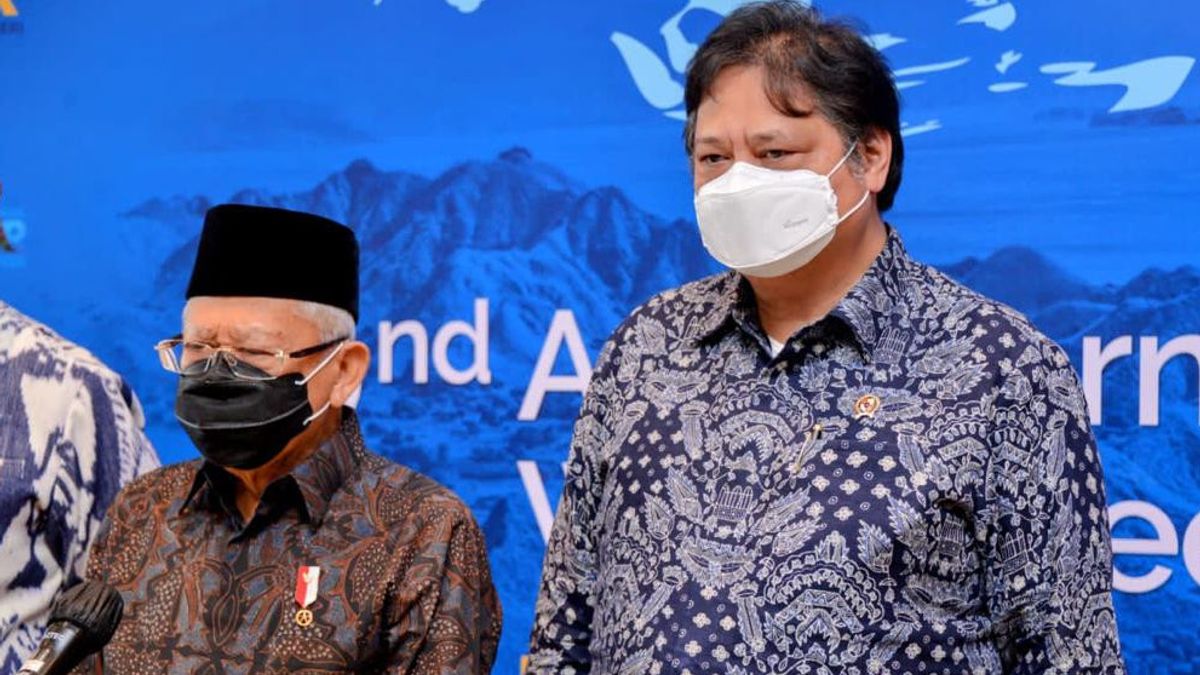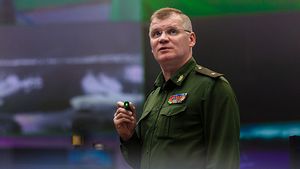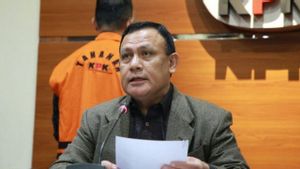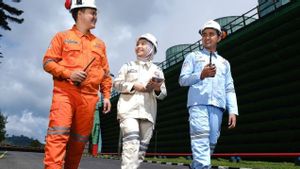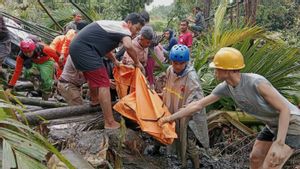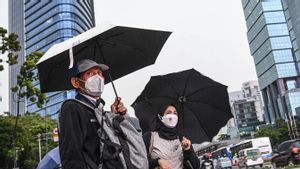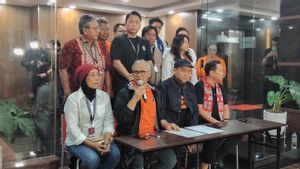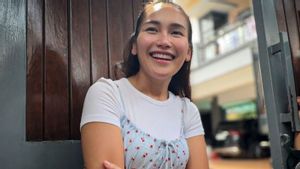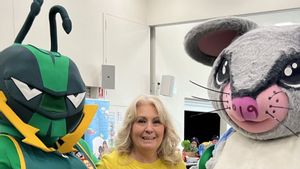LABUAN BAJO - The COVID-19 pandemic teaches the importance of clean water and maintaining cleanliness to prevent the spread of the virus by washing hands regularly. Even The World Health Organization (WHO) states that hand washing is one of the most important measures to reduce the spread of pathogens and prevent infections, including COVID-19.
However, billions of people in the world still do not have sustainable access to clean water. The world community is currently at a critical time to meet the need for quality water, create a healthy environment, sanitation, and prevent water-related disasters.
Therefore, the Vice President of the Republic of Indonesia Ma'ruf Amin accompanied by the Coordinating Minister for Economic Affairs Airlangga Hartarto and several ministers in Labuan Bajo, West Manggarai, East Nusa Tenggara, at "the 2nd Asia International Water Week (AIWW)", Monday, March 14, discusses water, sanitation, and hygiene as part of basic human rights.
"Of the many discussions about water, on this occasion, I will underline one issue that has emerged and requires attention at the international level, namely the availability of clean water", said Vice President Ma'ruf Amin in an official statement, Monday, March 14.
According to the Asia and the Pacific SDG Progress Report published by the United Nations Economic and Social Commission for Asia and the Pacific (UNESCAP), Asia has the most significant global concentration of water-related risks, including water scarcity, flooding, drought, water pollution, melting glaciers and inadequate access to safe water and sanitation services. In addition, rapid urbanization and population growth, intense industrial activity, and climate change pose additional threats to water security in Asia.
Indonesia is a country with complex water problems. The country has abundant water resources which are managed by multi-level water management. The Ministry of Public Works and Public Housing has a special unit that handles water management throughout Indonesia, namely the Directorate General of Water Resources. In handling water management throughout Indonesia, there are 34 units of Watershed Organizations.
The event under the auspices of AIWW which was held from 14-16 March can be used to design and implement actions to solve water problems in Asia. Members and potential members of the Asia Water Council (AWC), including water stakeholders and leading experts, gather at AIWW to share their insights and experiences to support and develop activities that will contribute to sustainable development in Asia.
The Asia Water Ministers' Meeting provides all countries with the opportunity to increase cooperation and implement strategy-guided action to improve health and education, reduce inequality, and promote economic growth while tackling climate change and working to preserve our pristine nature.
SEE ALSO:
Coordinating Minister Airlangga hoped that this event could be a positive way to develop a stronger milestone of cooperation among AWC members on water-related issues. In addition, by sharing priority water issues for each country, members can develop concrete action plans to achieve the Asia Water Ministries' Meeting commitments.
“I look forward to being part of the important discussions that will take place in the next two days. I am optimistic that the 2nd Asia International Air Week will produce high-quality policy recommendations and action plans that can be implemented with a clear timeline that will contribute to sustainable development in Asia", concluded Coordinating Minister Airlangga.
In this series of activities, Indonesia also held a bilateral meeting with the Secretary-General of the United Nations, Ban Ki-Moon, as well as a meeting with the Korean Minister of the Environment, Han Jeoung Ae. This opportunity is used by Indonesia to be part of efforts to find a common solution to the problem of the water crisis which has become an increasingly complex global issue. Through the 2nd AIWW series of meetings, Indonesia will push for practical solutions to solve water supply challenges in Asia.
The English, Chinese, Japanese, Arabic, and French versions are automatically generated by the AI. So there may still be inaccuracies in translating, please always see Indonesian as our main language. (system supported by DigitalSiber.id)
